A paradise to attract attention
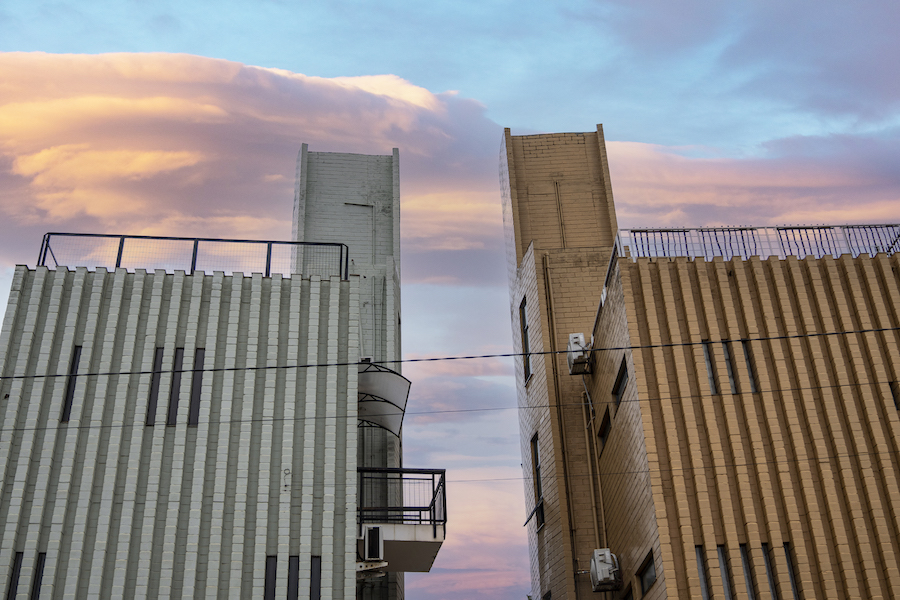
What is a paradise if not a fenced garden, a place of harmony and comfort?
At first, it seemed impossible to build a condominium taking into account the techniques of bio-construction. Too expensive, that was the most common comment. Good thing there are visionaries who believe. The result is now visible in Maputo. It was thought and designed by two architects, Ernesto Gonzalez and João Athayde, and they named it Paraíso (Paradise in Portuguese).
A sustainable home could be described as the embodiment of living comfort and all the principles of bio-construction. In fact, a sustainable home must be able to satisfy all modern standards of comfort without overburdening the environmental balance in terms of material used and energy requirements.
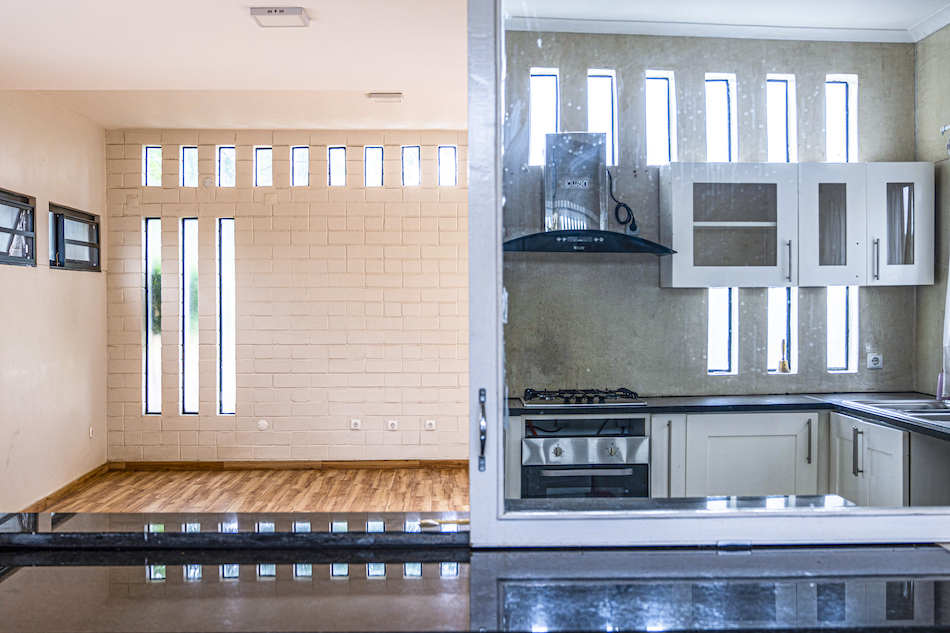
But the word sustainable replaced this concept and became a good buzzword for all occasions.
In Mozambique, for example, the construction of houses does not deviate from this logic, demonstrated by the fact that, for example, there are still no tax exemptions, prohibitions on polluting systems and requirements for energy efficiency calculations. Therefore, the “ecological” adventure of these two architects in building not a simple house, but an “ecological” condominium was a small revolution in the Mozambican panorama. The condominium won the Environmental Sustainability Award – Real Estate Awards 2017.
The development is located in Laulane, on a corner lot close to the access roads to downtown Maputo. The breeze from the Indian Ocean is its lifeblood: the houses at Condomínio Paraíso were designed to maximise natural light and cross ventilation throughout the day and night, as when there was no air conditioning.
From the theoretical stage to the actual realisation, the project was in the name of zero impact and relatively low costs. “We firmly believe that design principles should be available to everyone who wants to build their own home, regardless of budget,” says Ernesto Gonzalez, an Argentine architect who has lived in Mozambique for over thirty years.
“In Mozambique, there are no factories for building materials, so many of the choices were made with the intention of showing that there are ecological materials that could be manufactured in Mozambique and that had to be brought in from abroad,” Gonzalez explains.
Condomínio Paraíso won the Environmental Sustainability Award – Real Estate Awards 2017.
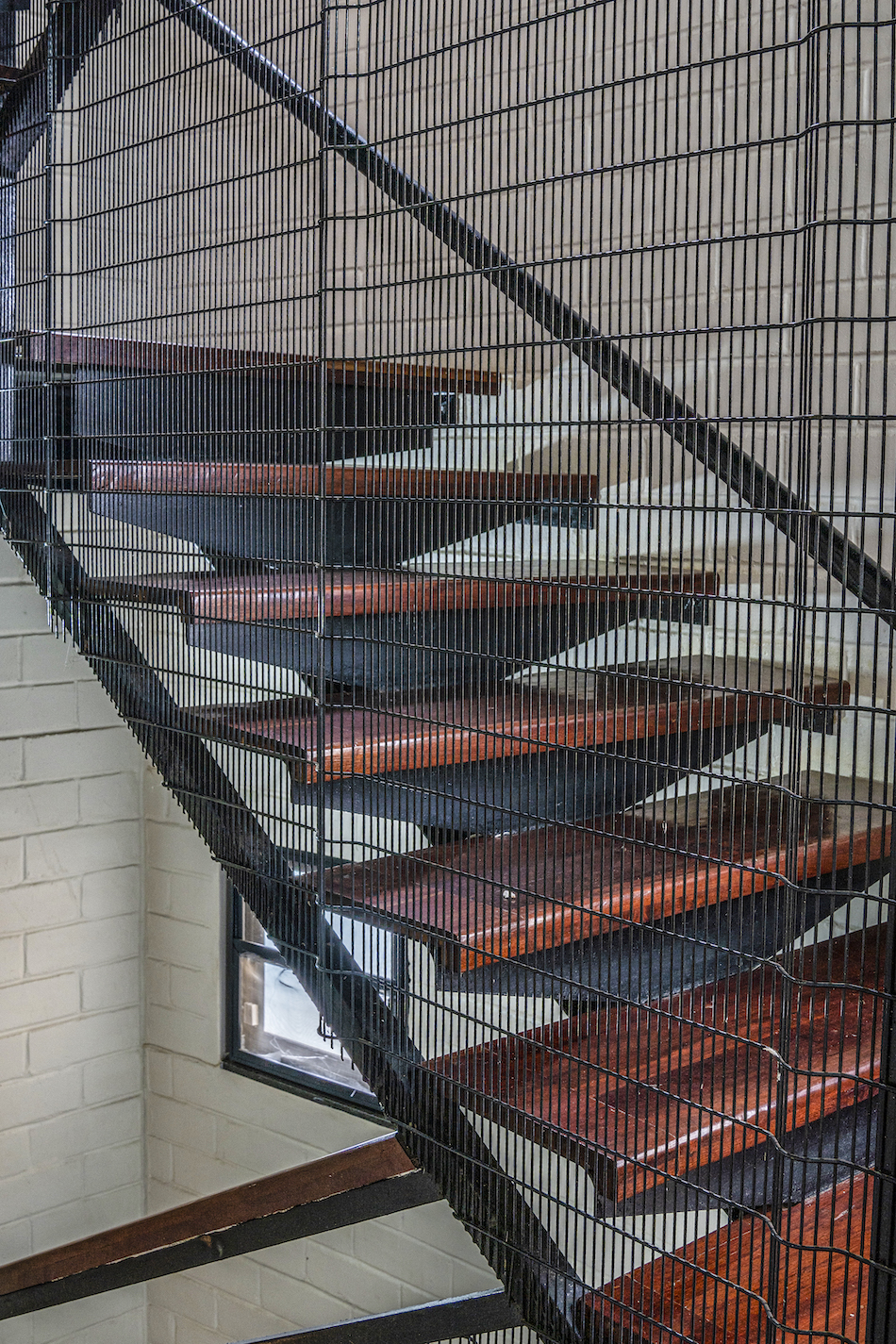
For the flooring, for example, bamboo was chosen, a tree that grows quickly, two years against 40 years for a tree producing good wood for flooring. The bamboo strips (made of a composite with ecological resins that have a resistance 10 times greater than the most resistant wood) came from South Africa, because in Mozambique there are still no processing plants.
“Any intervention of this type, at this moment, can only be a wake-up call, as there are no incentives for the contractor to prefer ecological options,” the architect says.
In an ecological house, every detail is designed to guarantee a high level of living comfort, fully respecting nature. Therefore, 100% Mozambican bricks were used, made of soil-cement composed of 10% cement and 90% earth, manufactured with a hydraulic press, without the use of heat. This composition keeps the interior temperature cooler during the summer and warmer during the winter. The houses have a double water system, the clean water is collected and pumped again to feed the toilets, avoiding the waste of good enough water. Rainwater is retained by the green roofs and the excess is collected for reuse.
Every detail guarantees a high level of living comfort, fully respecting nature: rainwater recovery, thermal and acoustic insulation. A functional and concrete final result, without any visual impact or ecological disorder. A small paradise, radically simple, among tonnes of concrete that, unfortunately, are changing the landscape of our cities in full-blown expansion.
Issue 73 May/Jun | Download.
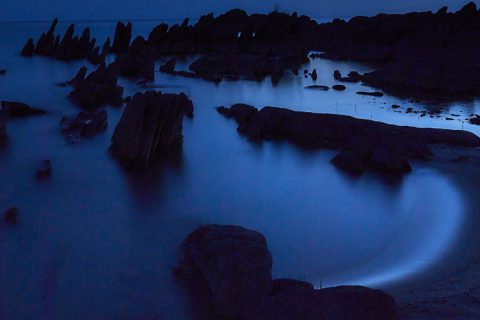
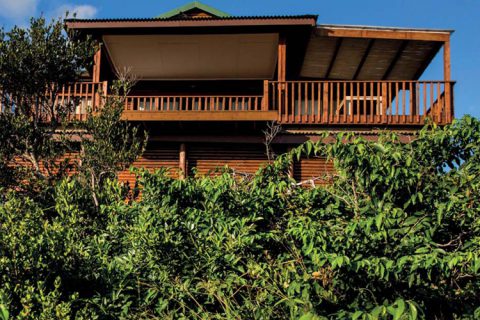


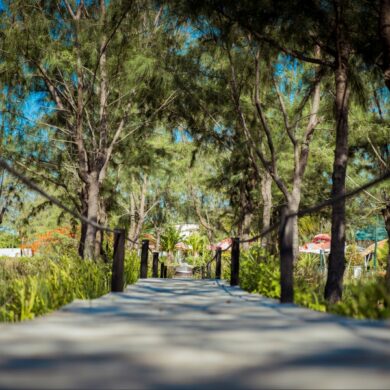



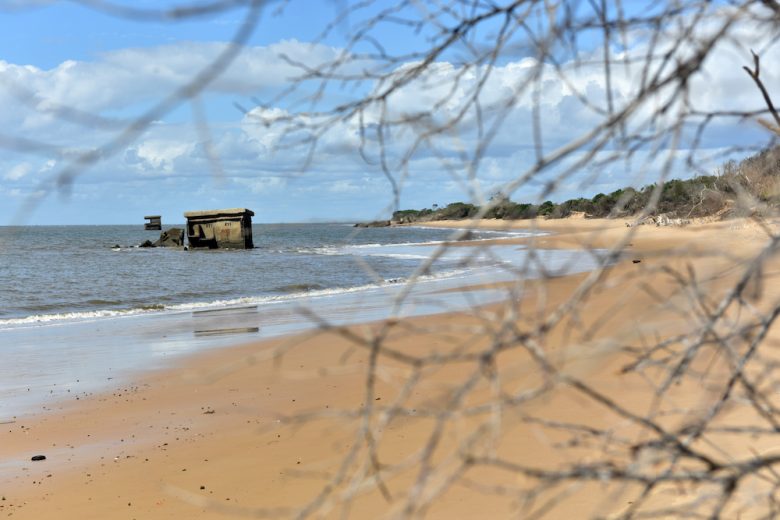
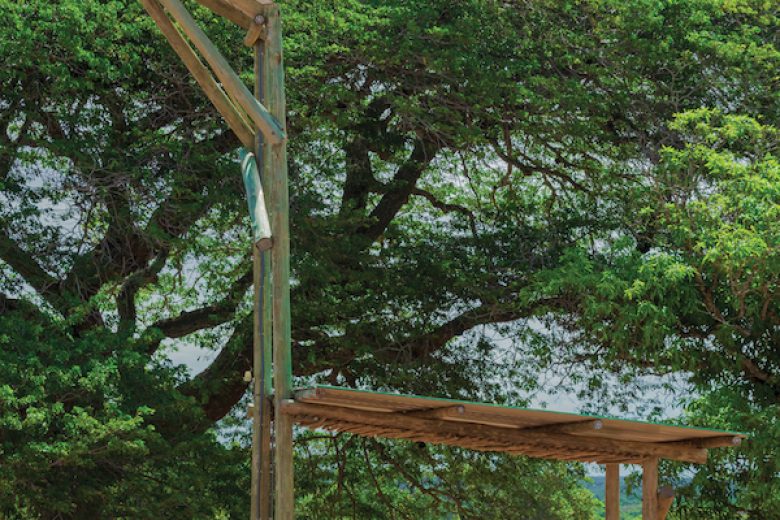













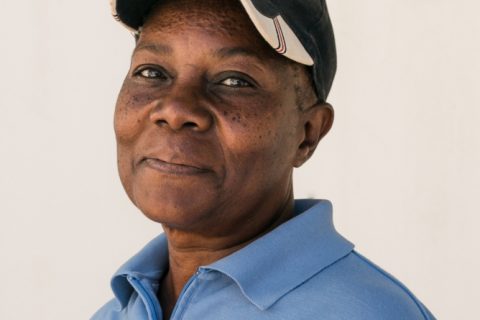



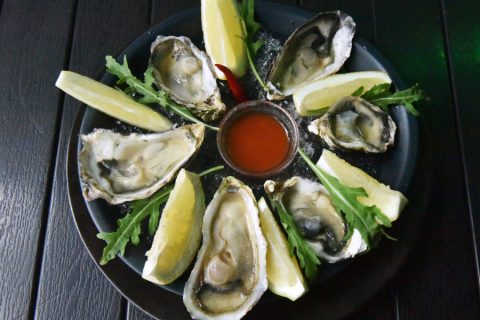


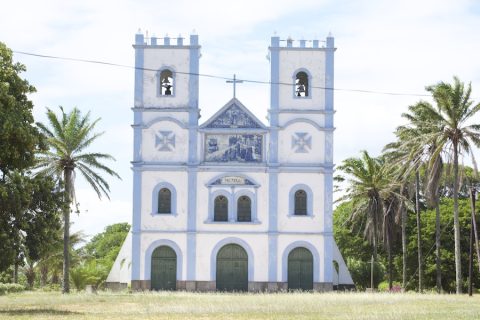

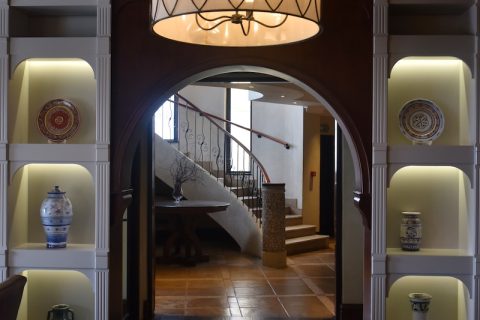


0 Comments